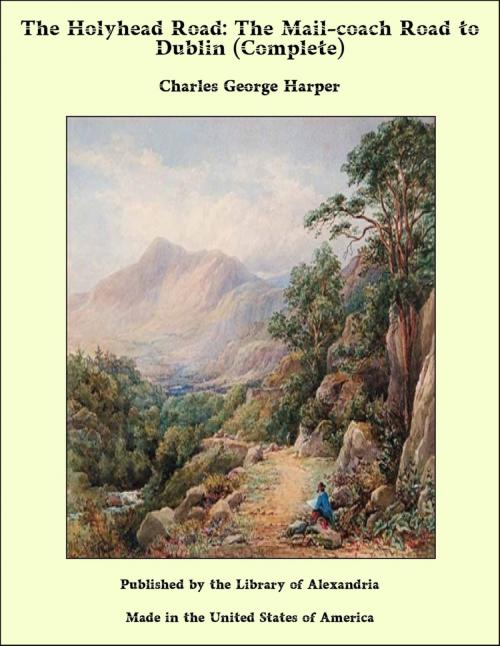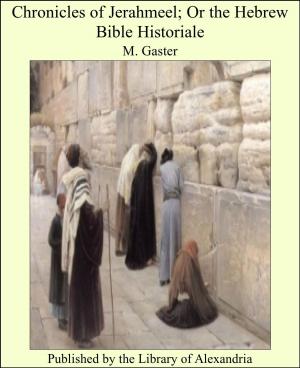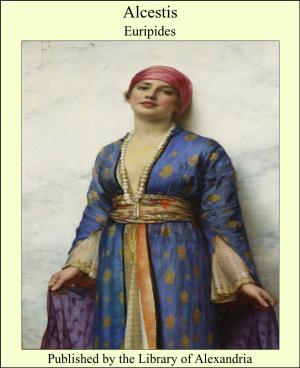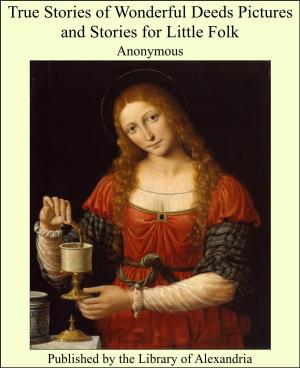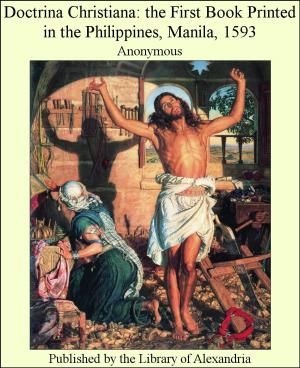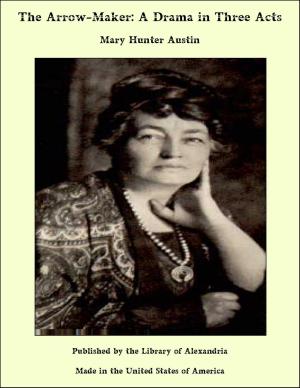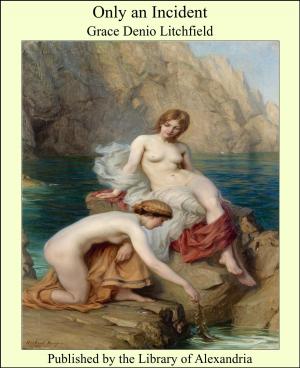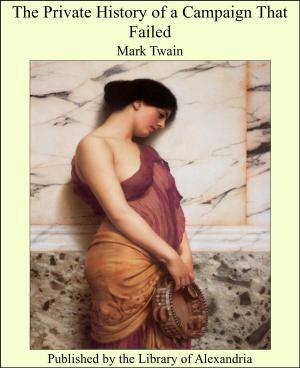The Holyhead Road: The Mail-coach Road to Dublin (Complete)
Nonfiction, Religion & Spirituality, New Age, History, Fiction & Literature| Author: | Charles George Harper | ISBN: | 9781465625342 |
| Publisher: | Library of Alexandria | Publication: | March 8, 2015 |
| Imprint: | Language: | English |
| Author: | Charles George Harper |
| ISBN: | 9781465625342 |
| Publisher: | Library of Alexandria |
| Publication: | March 8, 2015 |
| Imprint: | |
| Language: | English |
Close upon two hundred years ago, then, when Queen Anne was just dead, and the Elector of Hanover had ascended the throne of England as George I., the way to Holyhead was, in great measure, an affair of individual taste and fancy. Some travellers went by way of Oxford and Worcester, others by Woburn, Northampton, Lutterworth, Stafford, Nantwich, and Chester; some kept the route now known as the Holyhead Road as far as Stonebridge, on the other side of Coventry, and thence by Castle Bromwich and Aldridge Heath; others followed it past Shrewsbury and turned off at Chirk for Wrexham; while others yet had their own preferences, and reached Holyhead goodness knows how—themselves, perhaps, least of all. Those were the times when, as Pennant tells us, the hardy country gentlemen rode horseback. Thickly wrapped in riding cloaks, and with jack-boots up to their hips, they splashed through mud and mire, making light of occasional falls, and so journeyed between London and Holyhead in perhaps six days, if they were both active and fortunate. Those travellers commonly rode post-horses, changing their mounts at well-known stages on the way. The system took its origin from the establishment of postmasters by the Post Office in 1635, when the charge for an able horse was 2½d. a mile. None but duly authorised persons were then permitted to supply horses. In 1658, according to an advertisement in the Mercurius Politicus, the mileage had become 3d. As time went on this monopoly was abolished, and most innkeepers supplied horses for those hardy riders who despised the newfangled coaches. The earliest mention of a coach on this road is found in the above-named paper, under date of April 9th, 1657: “For the convenient accommodation of passengers from and betwixt London and West Chester, there is provided several stage-coaches, which go from the George Inn, without Aldersgate, upon every Monday, Wednesday, and Friday—to Coventry in two days, for twenty-five shillings; to Stone in three days, for thirty shillings; and to Chester in four days, for thirty-five shillings; and from thence do return upon the same days, which is performed with much ease to the passengers, having fresh horses once a day.” It may shrewdly be surmised that, as the Chester coach of 1739, mentioned by Pennant, did not succeed in performing the journey under six days, the coach of 1657 did not find it possible to do it in four; and this suspicion seems warranted by an advertisement in the Mercurius Politicus of March 24th, 1659, probably emanating from the same persons:— “These are to give notice, that from the George Inn, without Aldersgate, goes every Monday and Thursday a coach and four able horses, to carry passengers to Chester in five days, likewise to Coventry, Cosell (Coleshill), Cank, Litchfield, Stone, or to Birmingham, Wolverhampton, Shrewsbury, Newport, Whitchurch, and Holywell, at reasonable rates, by us, who have performed it two years.
Close upon two hundred years ago, then, when Queen Anne was just dead, and the Elector of Hanover had ascended the throne of England as George I., the way to Holyhead was, in great measure, an affair of individual taste and fancy. Some travellers went by way of Oxford and Worcester, others by Woburn, Northampton, Lutterworth, Stafford, Nantwich, and Chester; some kept the route now known as the Holyhead Road as far as Stonebridge, on the other side of Coventry, and thence by Castle Bromwich and Aldridge Heath; others followed it past Shrewsbury and turned off at Chirk for Wrexham; while others yet had their own preferences, and reached Holyhead goodness knows how—themselves, perhaps, least of all. Those were the times when, as Pennant tells us, the hardy country gentlemen rode horseback. Thickly wrapped in riding cloaks, and with jack-boots up to their hips, they splashed through mud and mire, making light of occasional falls, and so journeyed between London and Holyhead in perhaps six days, if they were both active and fortunate. Those travellers commonly rode post-horses, changing their mounts at well-known stages on the way. The system took its origin from the establishment of postmasters by the Post Office in 1635, when the charge for an able horse was 2½d. a mile. None but duly authorised persons were then permitted to supply horses. In 1658, according to an advertisement in the Mercurius Politicus, the mileage had become 3d. As time went on this monopoly was abolished, and most innkeepers supplied horses for those hardy riders who despised the newfangled coaches. The earliest mention of a coach on this road is found in the above-named paper, under date of April 9th, 1657: “For the convenient accommodation of passengers from and betwixt London and West Chester, there is provided several stage-coaches, which go from the George Inn, without Aldersgate, upon every Monday, Wednesday, and Friday—to Coventry in two days, for twenty-five shillings; to Stone in three days, for thirty shillings; and to Chester in four days, for thirty-five shillings; and from thence do return upon the same days, which is performed with much ease to the passengers, having fresh horses once a day.” It may shrewdly be surmised that, as the Chester coach of 1739, mentioned by Pennant, did not succeed in performing the journey under six days, the coach of 1657 did not find it possible to do it in four; and this suspicion seems warranted by an advertisement in the Mercurius Politicus of March 24th, 1659, probably emanating from the same persons:— “These are to give notice, that from the George Inn, without Aldersgate, goes every Monday and Thursday a coach and four able horses, to carry passengers to Chester in five days, likewise to Coventry, Cosell (Coleshill), Cank, Litchfield, Stone, or to Birmingham, Wolverhampton, Shrewsbury, Newport, Whitchurch, and Holywell, at reasonable rates, by us, who have performed it two years.
